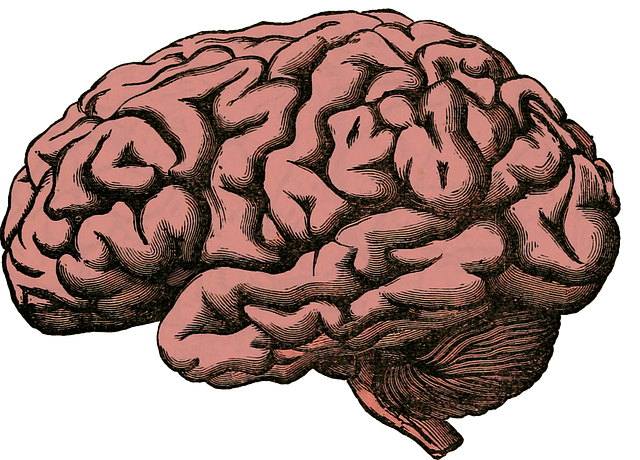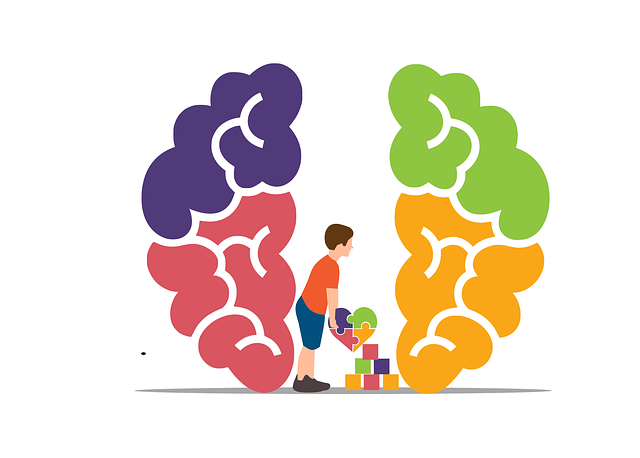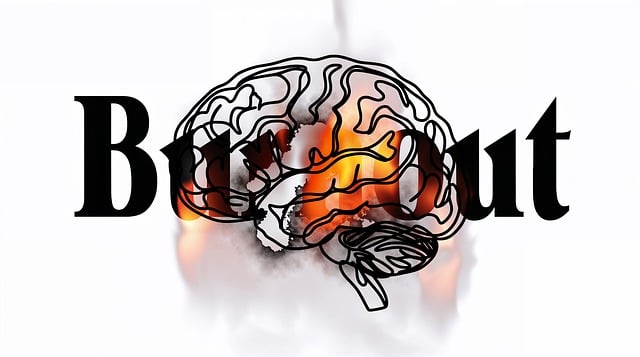Boulder Bipolar Disorder Therapy introduces Recovery-Focused Mental Health (RFM) for effective bipolar disorder management, emphasizing resilience building and viewing struggles as growth opportunities. Their unique nature-focused therapy immerses clients in outdoor environments to enhance emotional stability and develop coping skills. Using evidence-based practices like CBT and mindfulness training, they design individualized exercises for stress management and positive thinking. RFM techniques, including conflict resolution and emotional intelligence development, have proven successful in navigating life's challenges. Measuring success through KPIs and client feedback validates their holistic approach, transforming lives with practical strategies for resilience-building.
“In today’s fast-paced world, building resilience is key to navigating life’s challenges. This article explores the power of RFM (Resilience, Flexibility, and Mastery) in fostering emotional stability, particularly for individuals grappling with bipolar disorder. We delve into the effectiveness of Boulder Bipolar Disorder Therapy, a unique approach utilizing RFM techniques. Through practical exercises and real-world applications, it empowers individuals to manage stress, enhance adaptability, and achieve mental well-being. Discover how this holistic method revolutionizes therapy and daily life, offering a path to lasting resilience.”
- Understanding RFM and its Role in Resilience Building
- The Impact of Boulder Bipolar Disorder Therapy on Emotional Stability
- Designing Effective Resilience Exercises for Mental Health Support
- Implementing RFM Techniques in Everyday Life and Therapy Sessions
- Measuring Success: Evaluating the Efficacy of RFM in Resilience Building
Understanding RFM and its Role in Resilience Building

Resilience is a key factor in managing mental health conditions like bipolar disorder, and Boulder Bipolar Disorder Therapy offers valuable insights into enhancing this quality. RFM, or Recovery-Focused Mental Health, is an approach that shifts the focus from the severity of symptoms to fostering resilience and recovery. This model encourages individuals to view their experiences as opportunities for growth, which is particularly beneficial in navigating the ups and downs associated with bipolar disorder.
By integrating RFM into therapy, patients can develop effective coping strategies and a strong sense of self-efficacy. It empowers them to take control of their mental health journey, fostering an environment where challenges are seen as manageable rather than overwhelming. This shift in perspective can significantly contribute to improved overall well-being and the ability to withstand life’s stressors, including those who may be experiencing trauma or seeking trauma support services. Public awareness campaigns development that highlight resilience building can further strengthen these efforts.
The Impact of Boulder Bipolar Disorder Therapy on Emotional Stability

Boulder Bipolar Disorder Therapy offers a unique approach to enhancing emotional stability and managing mental health challenges. This therapeutic method leverages the power of nature and outdoor environments, specifically targeting individuals struggling with bipolar disorder. By immersing clients in natural settings, the therapy facilitates a profound connection between the mind and the outdoors, which can be incredibly grounding and restorative for those dealing with emotional dysregulation.
The impact on emotional stability is significant as it not only provides an effective tool for stress management but also serves as a proactive measure for depression prevention. Through various exercises tailored to individual needs, Boulder Bipolar Disorder Therapy assists in building resilience against mental health setbacks. This holistic approach, combining exposure to nature with evidence-based therapeutic techniques, ensures that participants develop skills to navigate emotional challenges, improve their overall well-being, and enhance their ability to cope with stress and potential mood episodes. Furthermore, risk assessment for mental health professionals is integrated into the process, ensuring a safe and supportive environment for all involved.
Designing Effective Resilience Exercises for Mental Health Support

Designing effective resilience exercises for mental health support is a nuanced process that requires tailoring activities to meet diverse individual needs. At a Boulder Bipolar Disorder Therapy center, professionals create structured programs focusing on coping skills development and positive thinking. These exercises often incorporate techniques from evidence-based practices such as cognitive behavioral therapy (CBT) and mindfulness training. By fostering stress management workshops within the organization, individuals learn practical tools to navigate challenging situations and build mental fortitude.
The goal is to empower clients with strategies that enhance their ability to withstand and recover from stressful events or emotional downturns. Through interactive sessions, participants acquire techniques for reframing negative thoughts, practicing self-compassion, and cultivating a sense of calm. These resilience-building exercises are designed to be adaptive, ensuring each person receives targeted support tailored to their unique mental health journey.
Implementing RFM Techniques in Everyday Life and Therapy Sessions

Implementing RFM (Recovery, Flexibility, and Mastery) techniques in everyday life and therapy sessions has proven to be a powerful approach for enhancing resilience, especially in managing conditions like bipolar disorder. These methods encourage individuals to develop coping strategies that foster adaptability and emotional intelligence—essential tools for navigating life’s challenges. By incorporating RFM into Boulder Bipolar Disorder Therapy, practitioners can help clients build mental fortitude, enabling them to confront and overcome crises with greater ease.
The integration of Conflict Resolution Techniques within RFM exercises empowers individuals to address interpersonal conflicts constructively, thereby improving overall emotional wellness. Additionally, the focus on Emotional Intelligence helps clients recognize and manage their emotions effectively, which is crucial for maintaining stability in their mental health journey. This holistic approach, often highlighted in popular Mental Wellness Podcast Series Production, has been instrumental in transforming lives by offering practical strategies for personal growth and resilience-building.
Measuring Success: Evaluating the Efficacy of RFM in Resilience Building

Measuring success is a crucial aspect of implementing RFM (Resilience-Focused Therapy and Coaching) in resilience building exercises. The effectiveness of this approach can be evaluated by tracking key performance indicators (KPIs) that align with emotional healing processes and improved well-being. By regularly assessing clients’ progress, therapists can gauge the impact of RFM on reducing symptoms associated with bipolar disorder and enhancing coping strategies. This data-driven approach allows for continuous improvement in Boulder Bipolar Disorder Therapy.
In addition to direct client assessments, feedback from Trauma Support Services and Burnout Prevention programs can further validate the success of RFM. Positive testimonials and observable improvements in clients’ ability to manage stressors and setbacks are strong indicators of the therapy’s efficacy. Such evaluations not only enhance the reputation of resilience-focused interventions but also provide valuable insights for refining and adapting these exercises to better serve individuals navigating emotional challenges.
The implementation of RFM (Resilience, Flexibility, and Mastery) techniques, as highlighted by the discussion on Boulder Bipolar Disorder Therapy, offers a promising approach to enhancing emotional stability. By incorporating resilience-building exercises into everyday life and therapy sessions, individuals can develop the skills needed to navigate challenges more effectively. Effective design and measurement of these programs ensure their success in promoting mental health support. This holistic strategy has the potential to revolutionize how we address emotional well-being, offering a brighter, more resilient future for those facing bipolar disorder and similar conditions.












